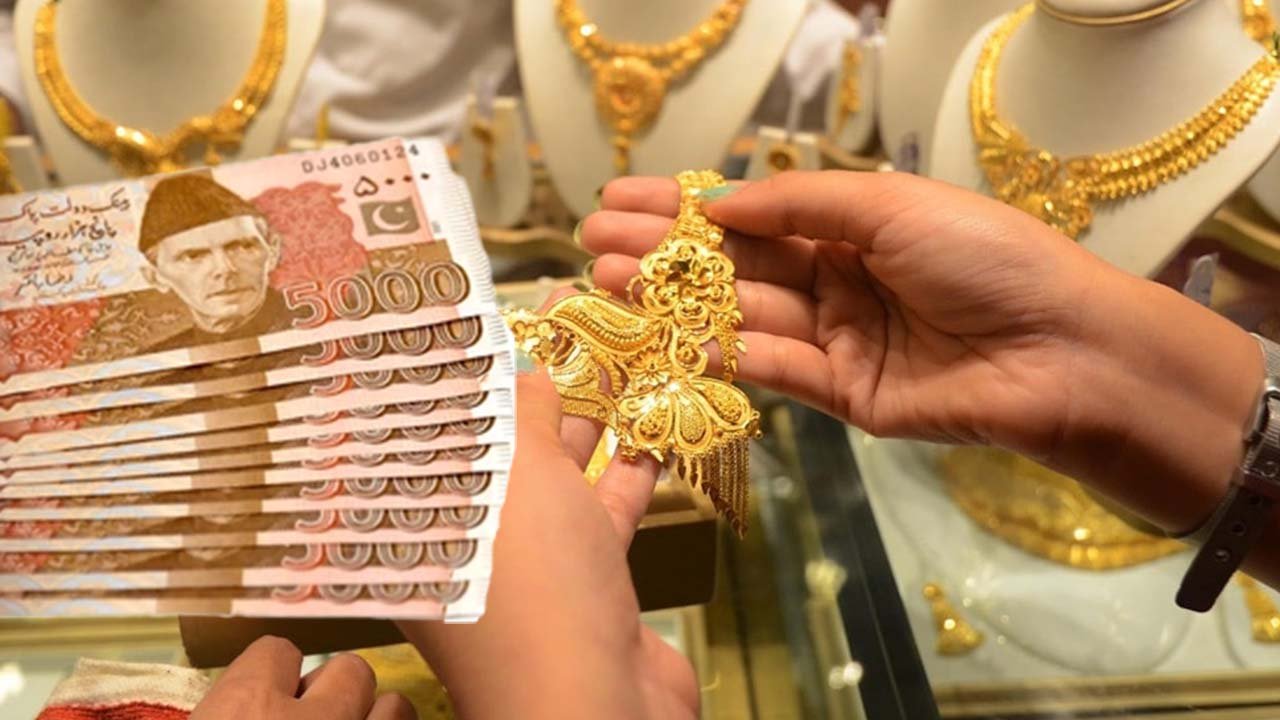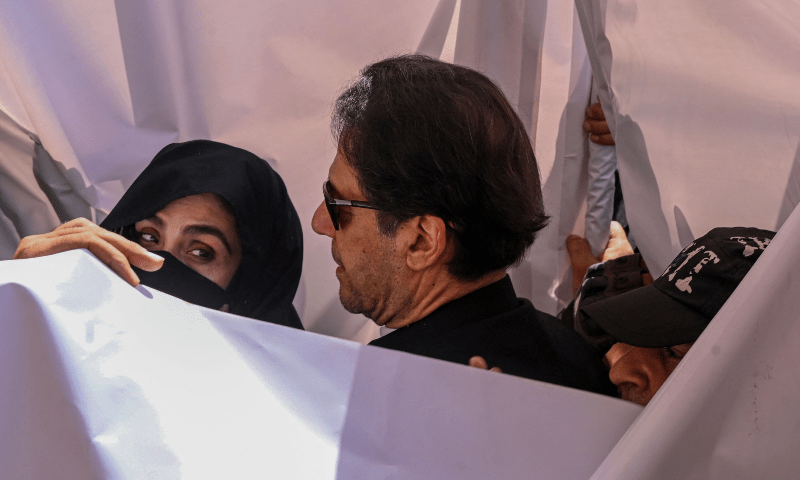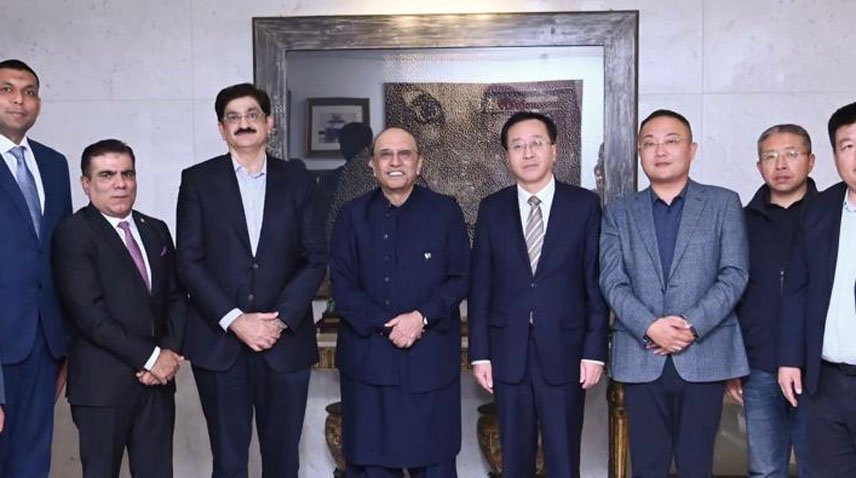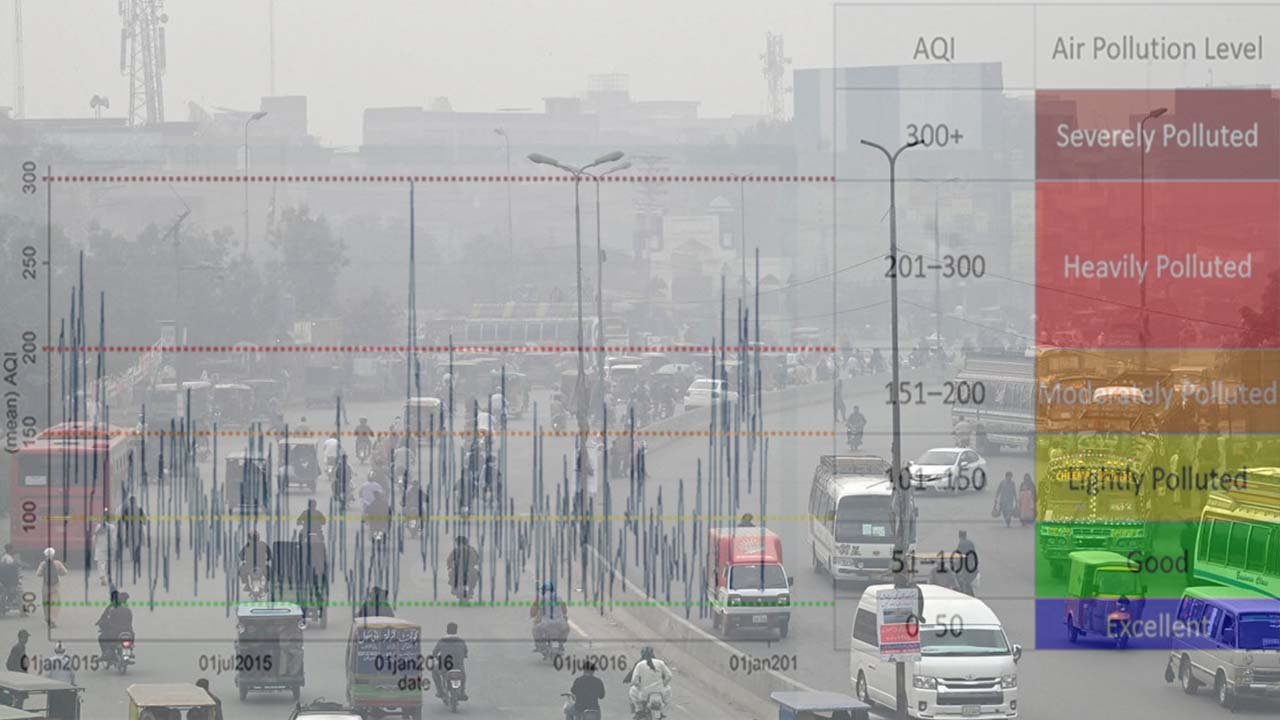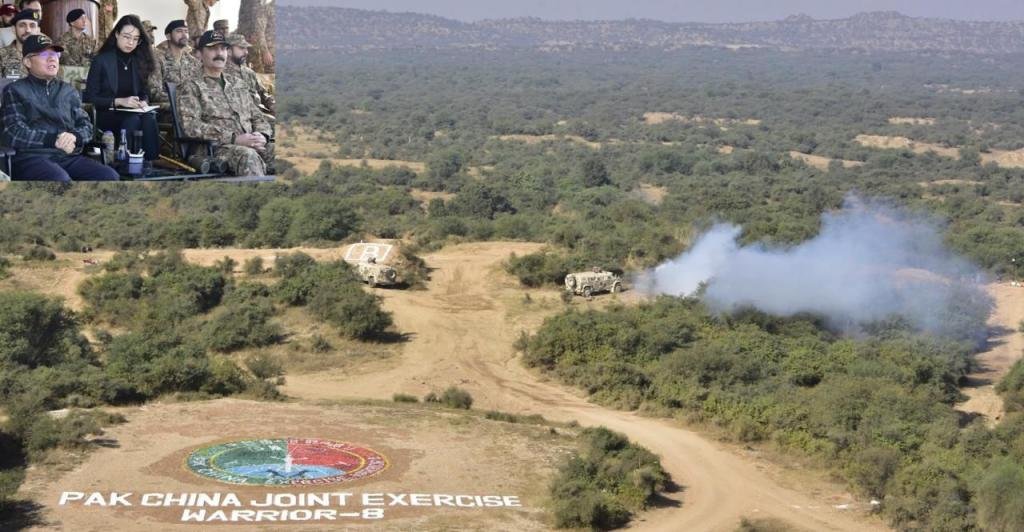Despite strong cautions from the United States, Pakistan’s Defence Minister, Khawaja Asif, remains hopeful about the successful completion of the Iran-Pakistan gas pipeline. Amidst geopolitical strains and international sanctions that have previously stalled this crucial project, the minister cited the recent visit of Iranian President Ebrahim Raisi to Pakistan as a pivotal moment for regional cooperation against the backdrop of increased global interference, particularly from the US and the European Union.
Reaffirming the deep-seated ties between Islamabad and Tehran, Asif underscored the importance of moving forward with the pipeline, a symbol of longstanding collaboration between the two nations. However, ongoing security concerns and the complexity of international relations were highlighted during President Raisi’s visit, which was scaled down due to these issues.
Concurrently, the geopolitical landscape is further complicated as the United States, along with the UK and Canada, continue to impose sanctions targeting various entities and individuals involved with Iran’s military operations, including those linked to unmanned aerial vehicle (UAV) transfers. These developments signal a challenging path ahead for the completion of the pipeline, underscoring the delicate balance Pakistan must navigate amid its international relations and regional commitments.







